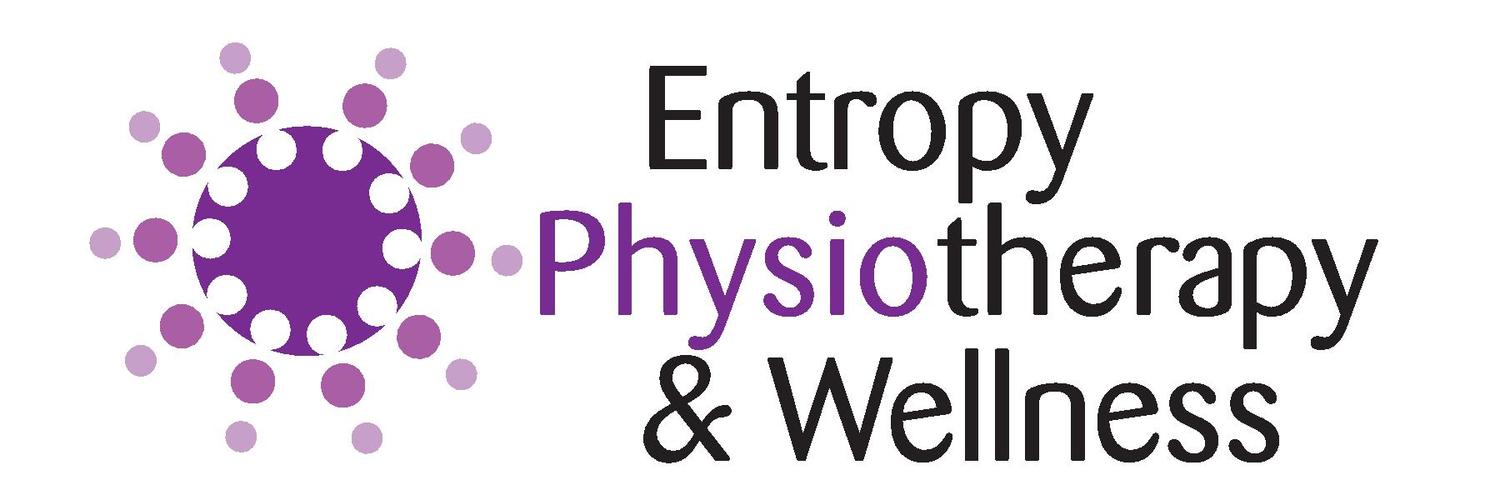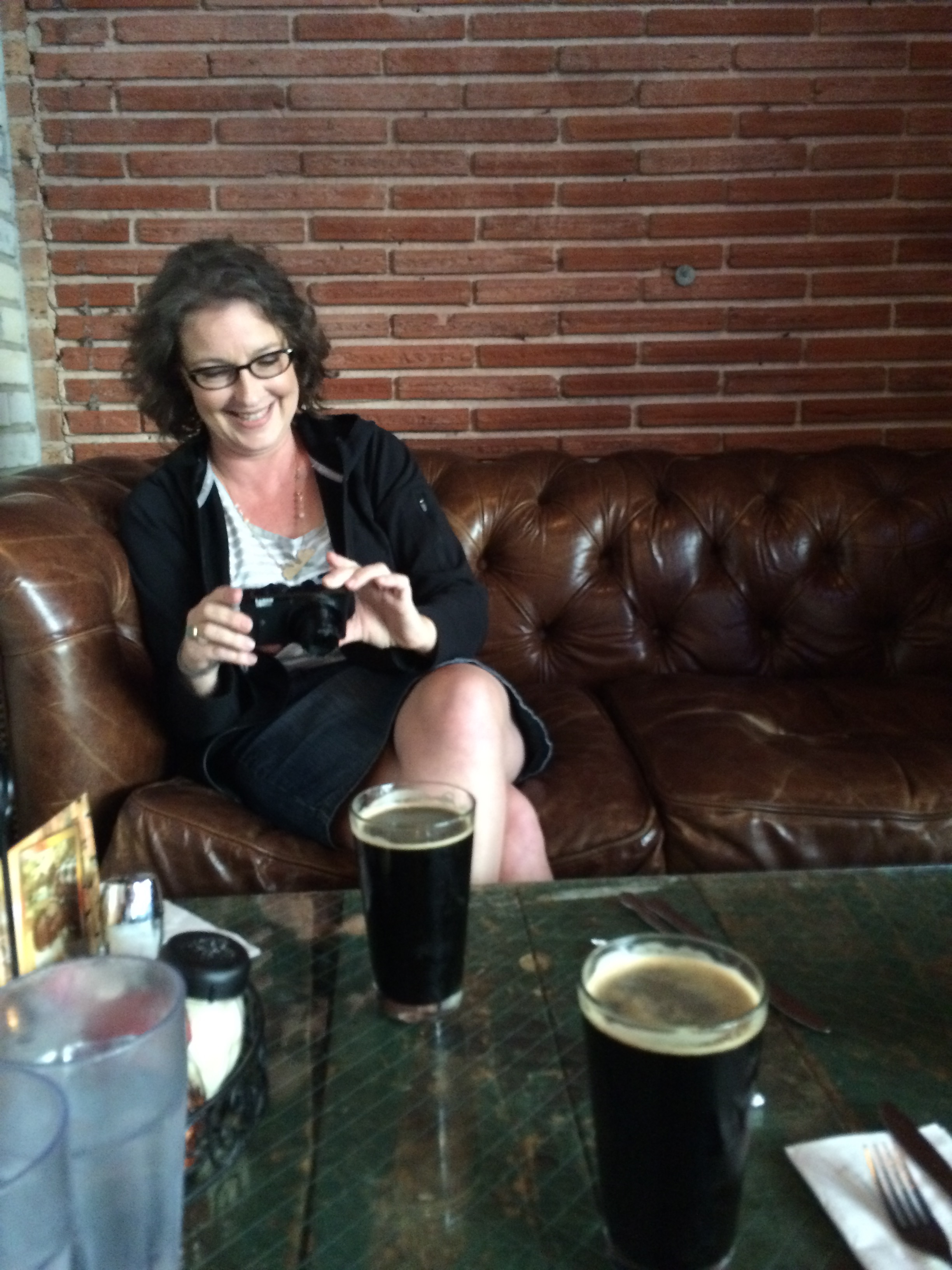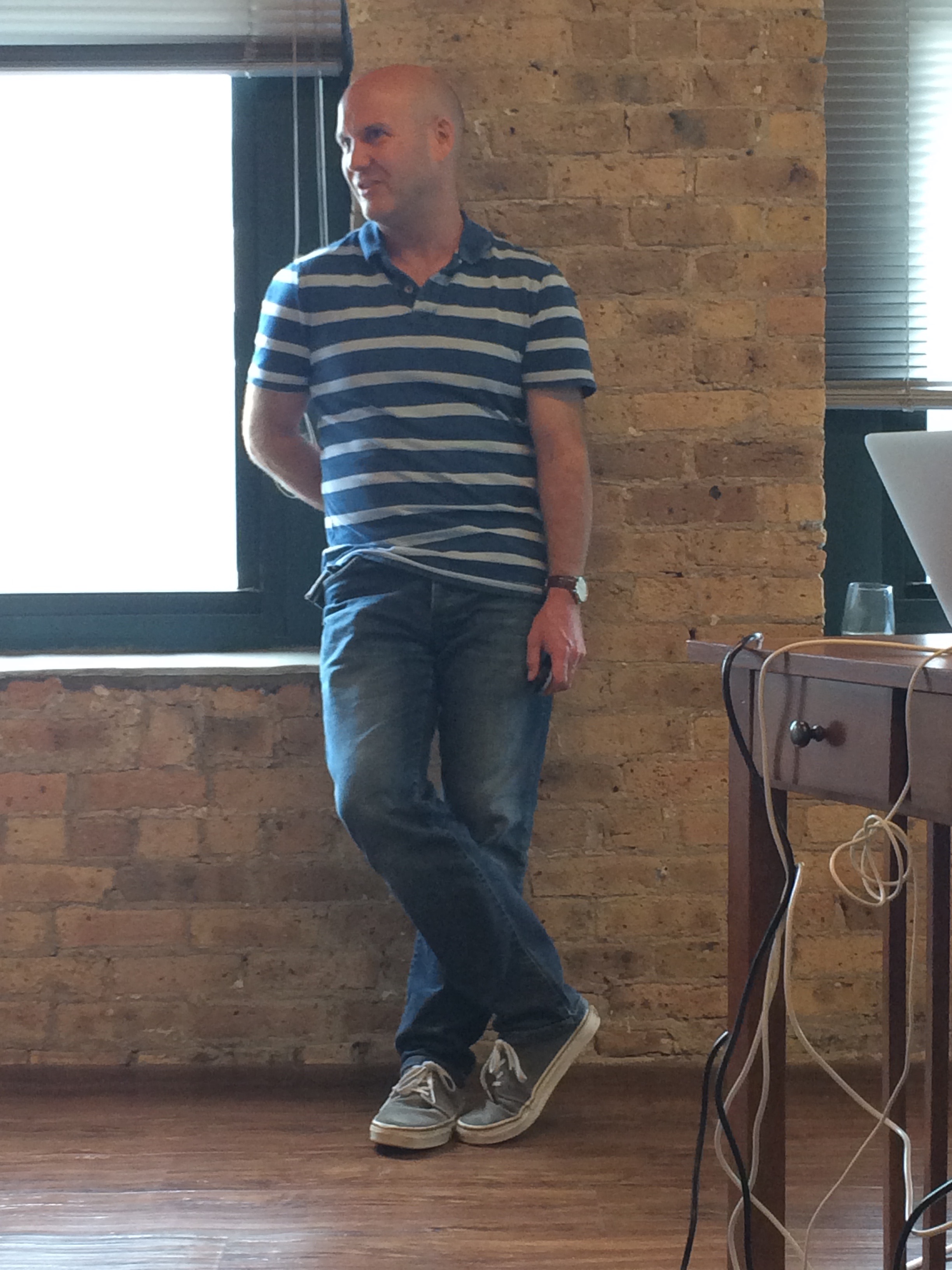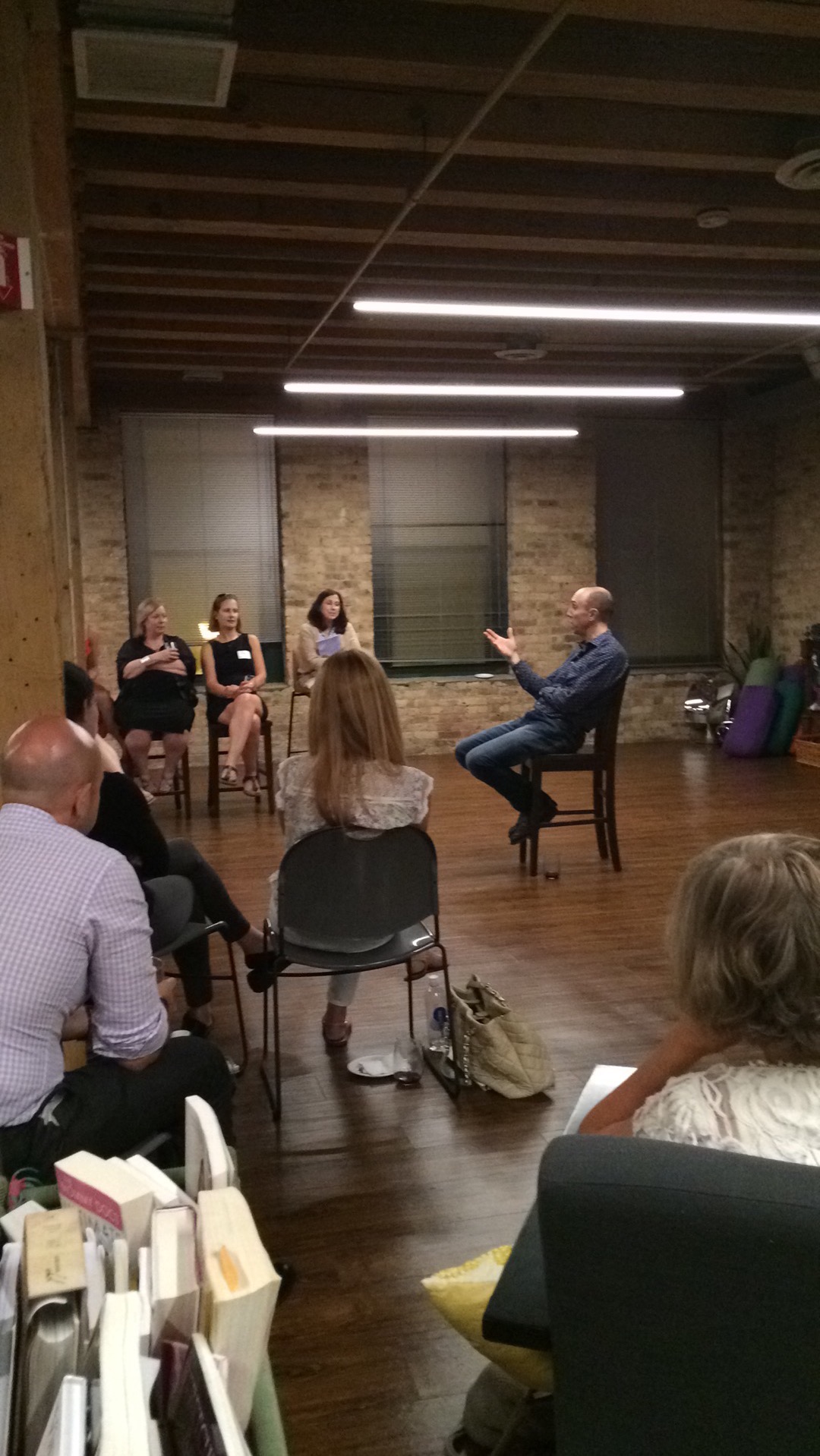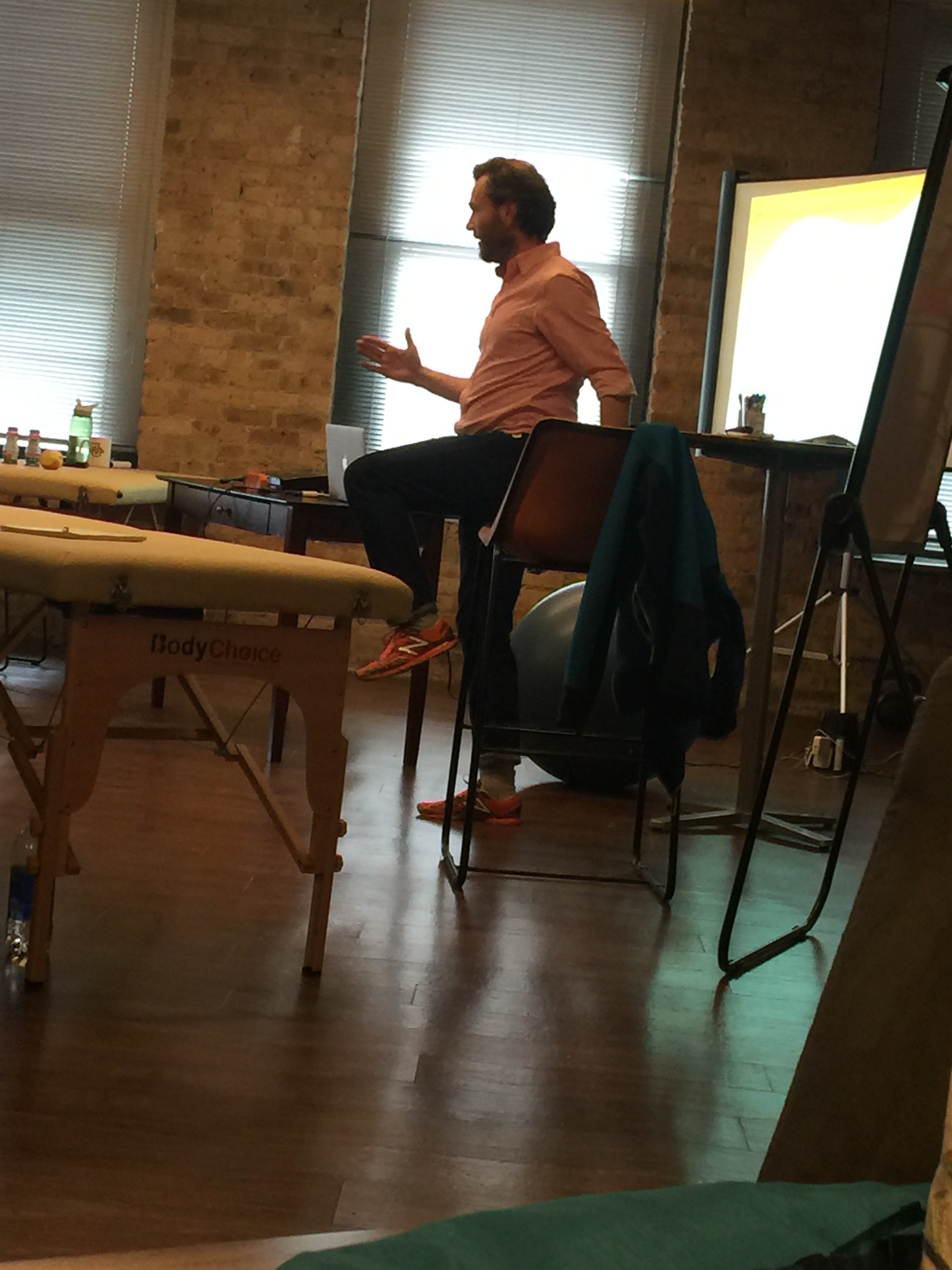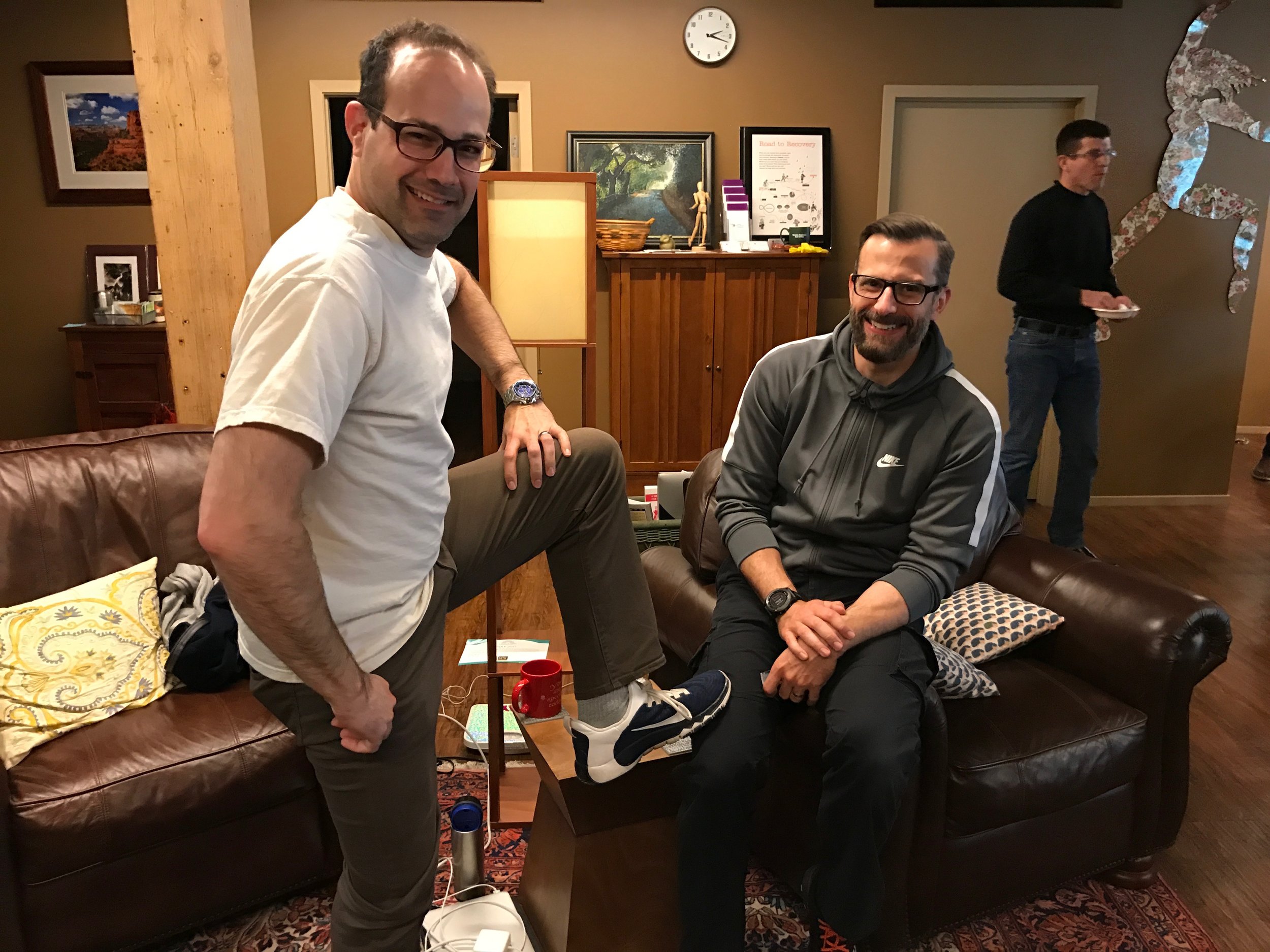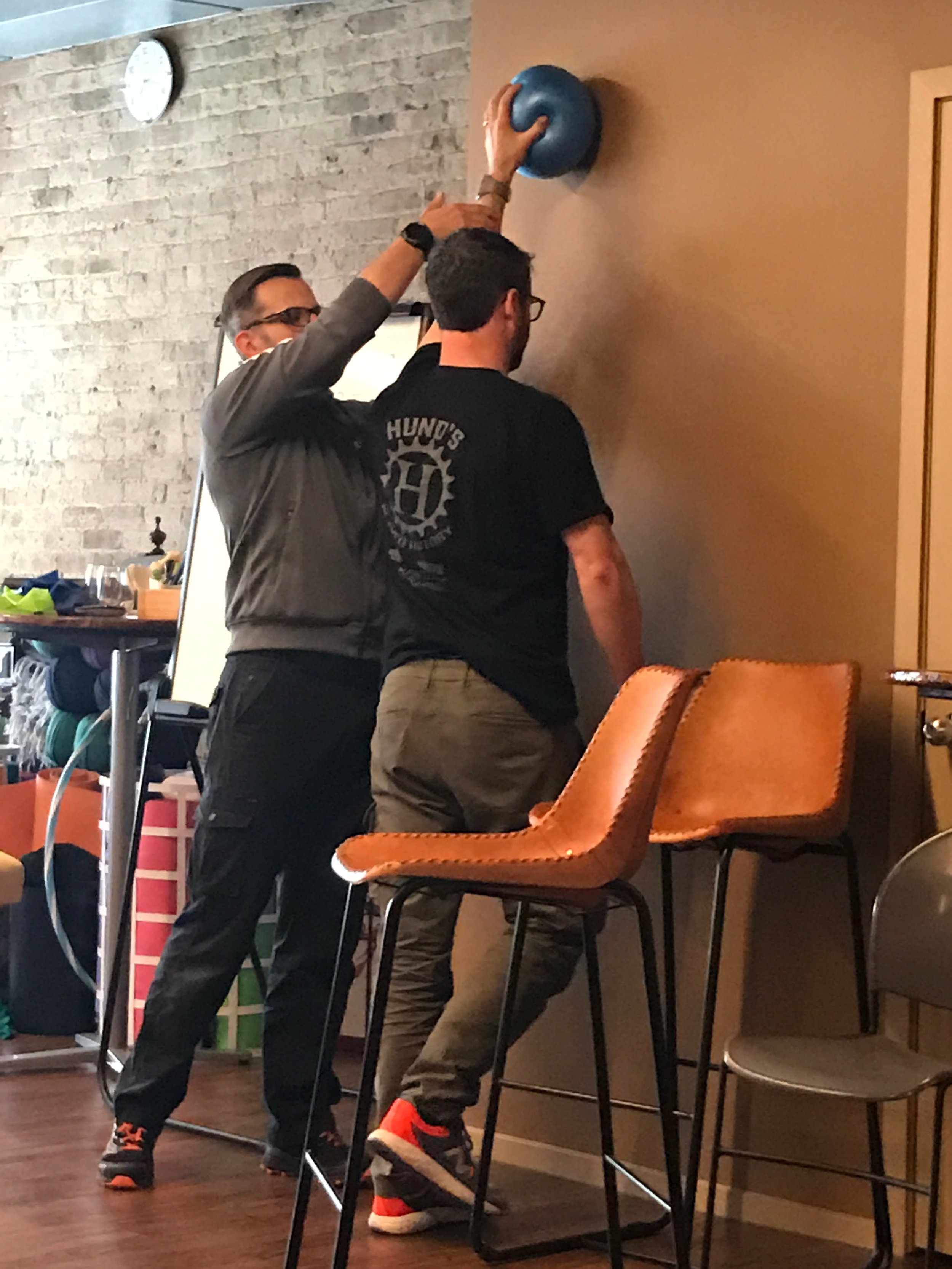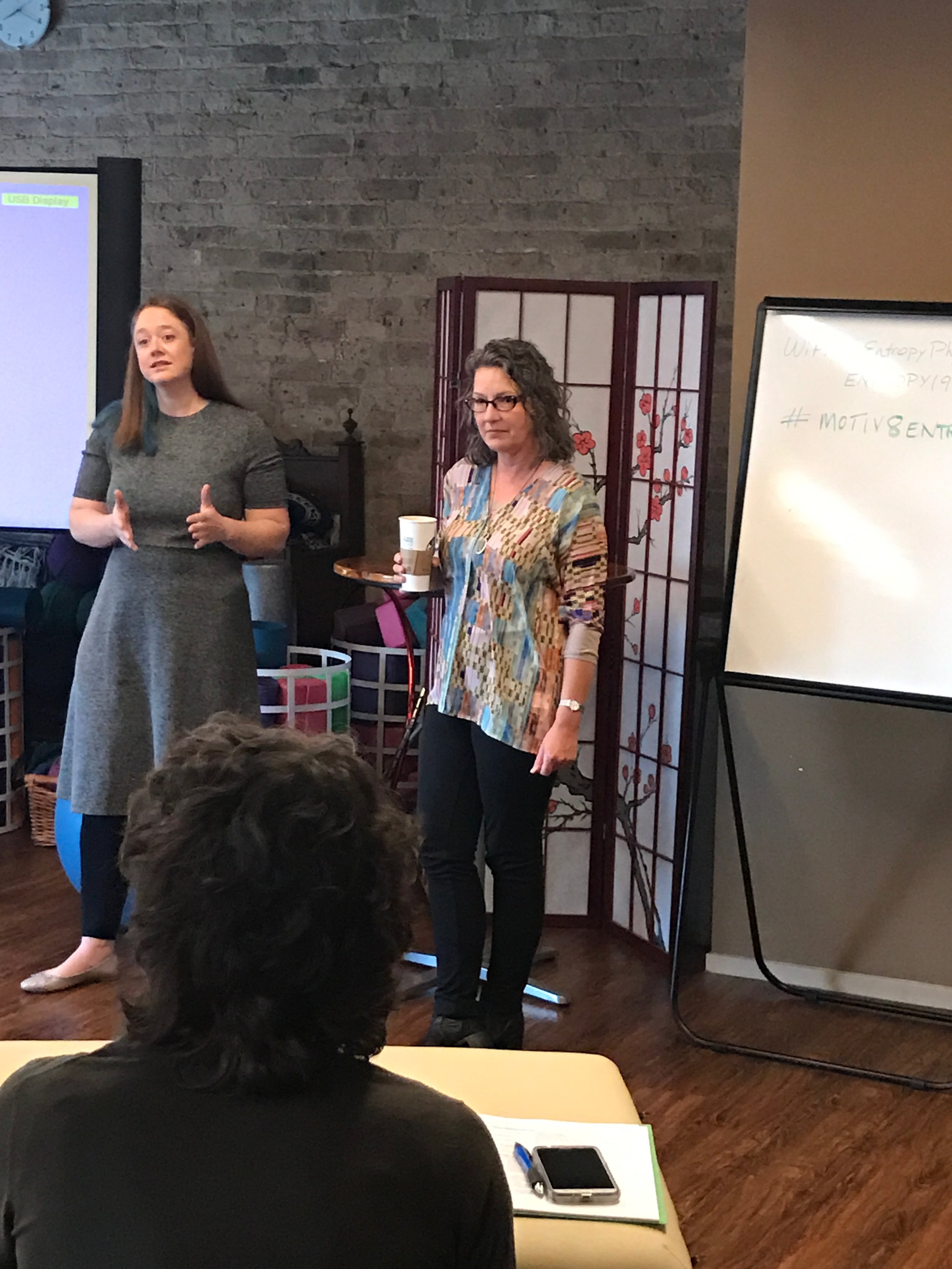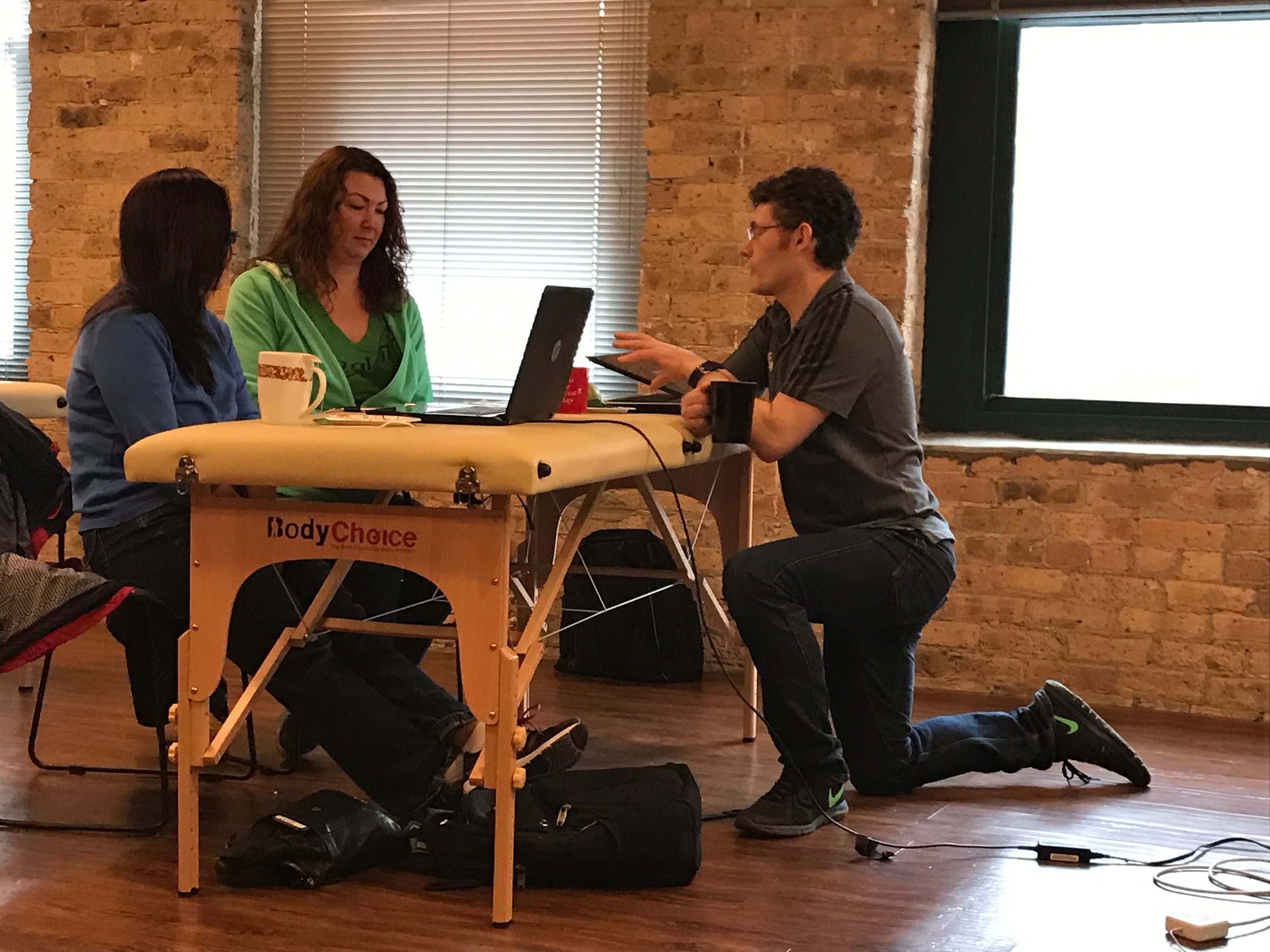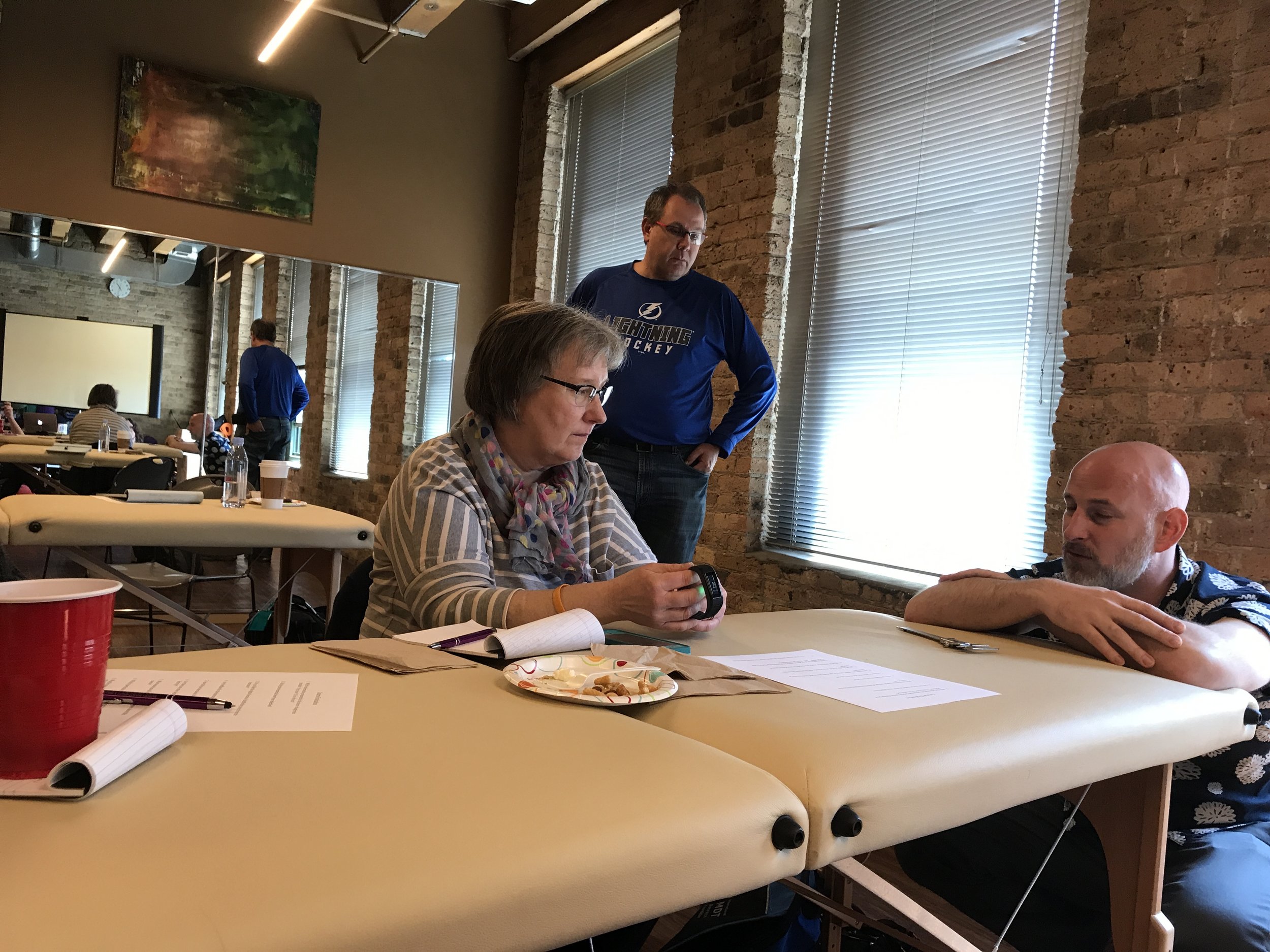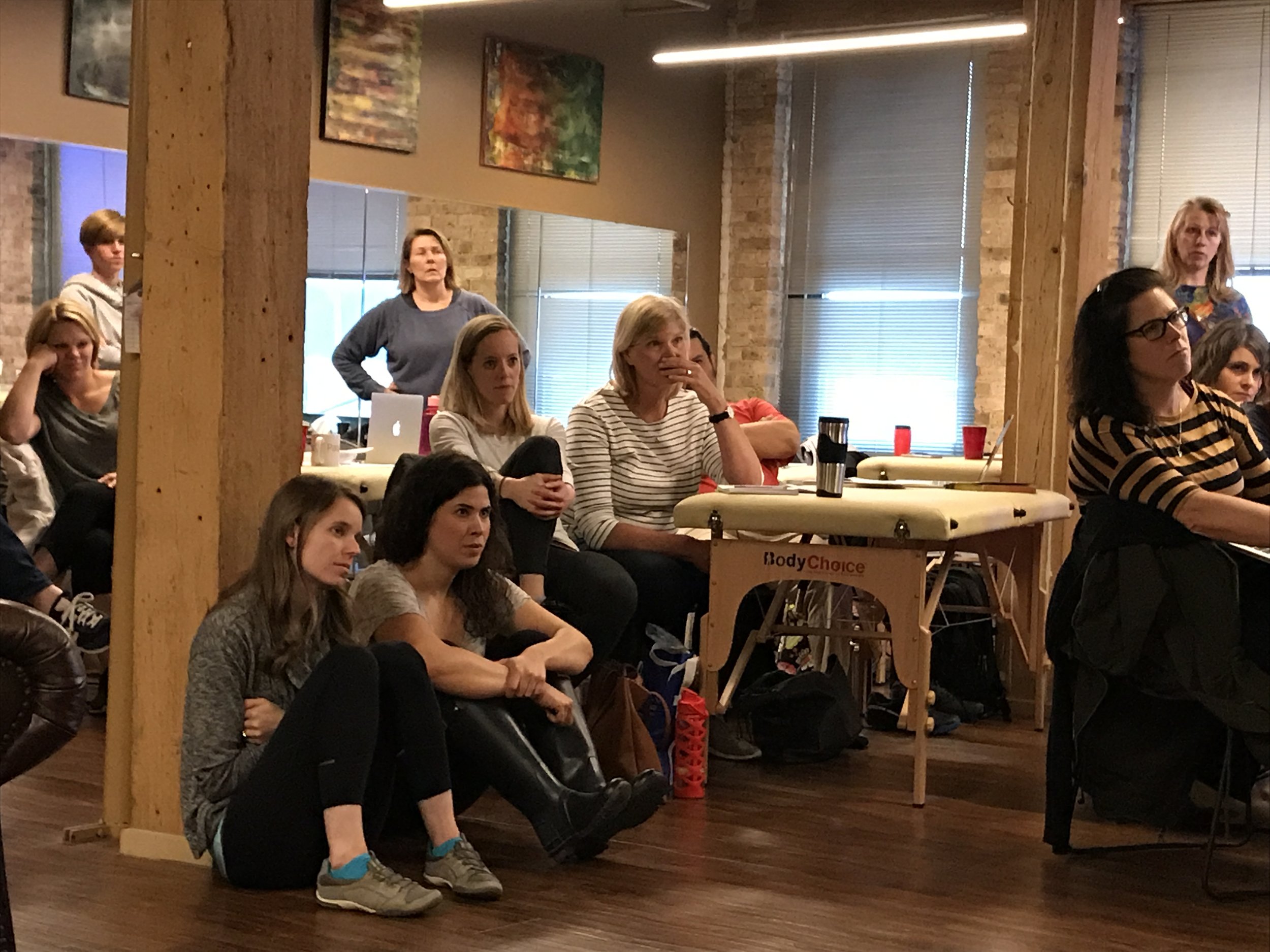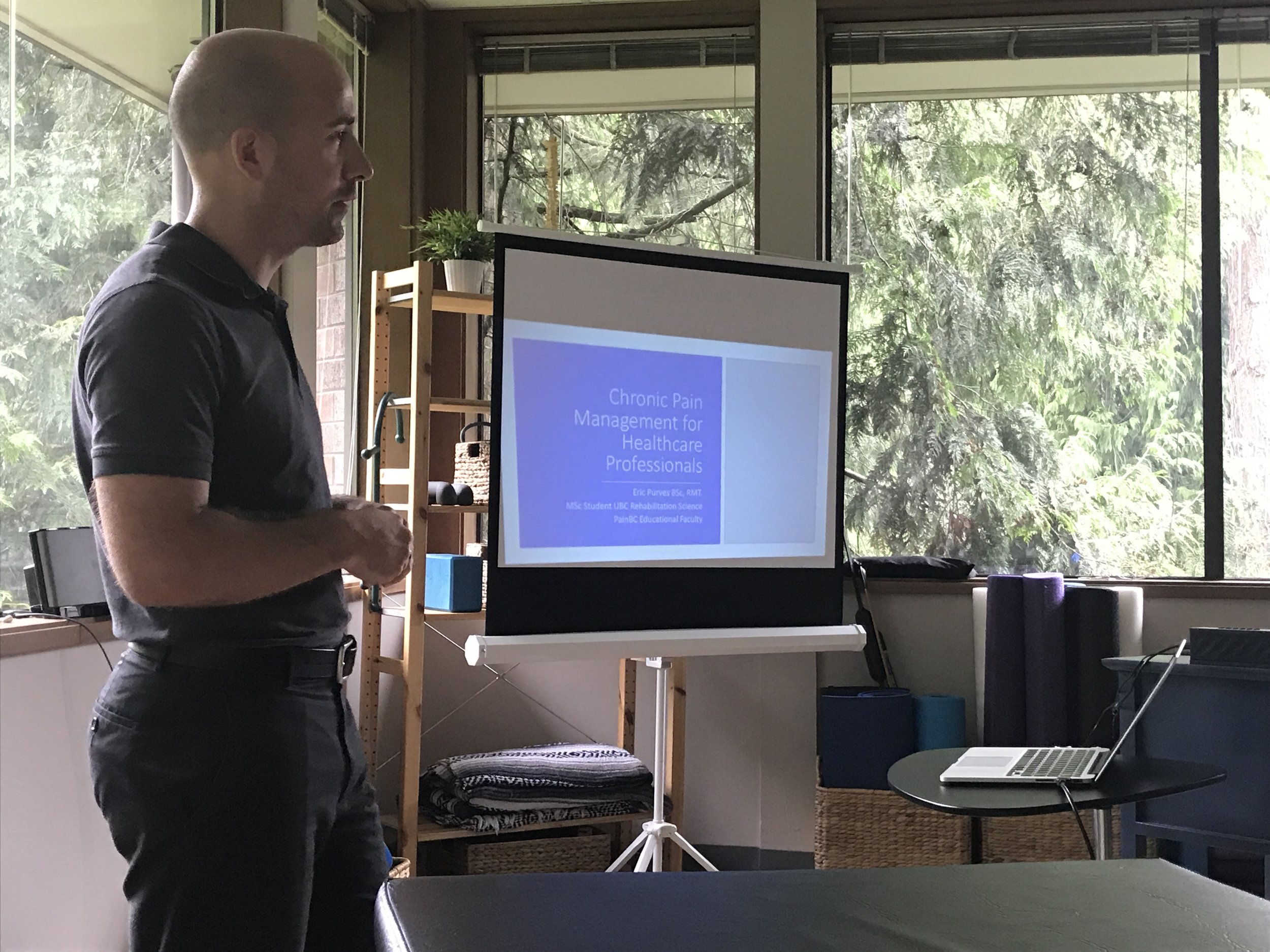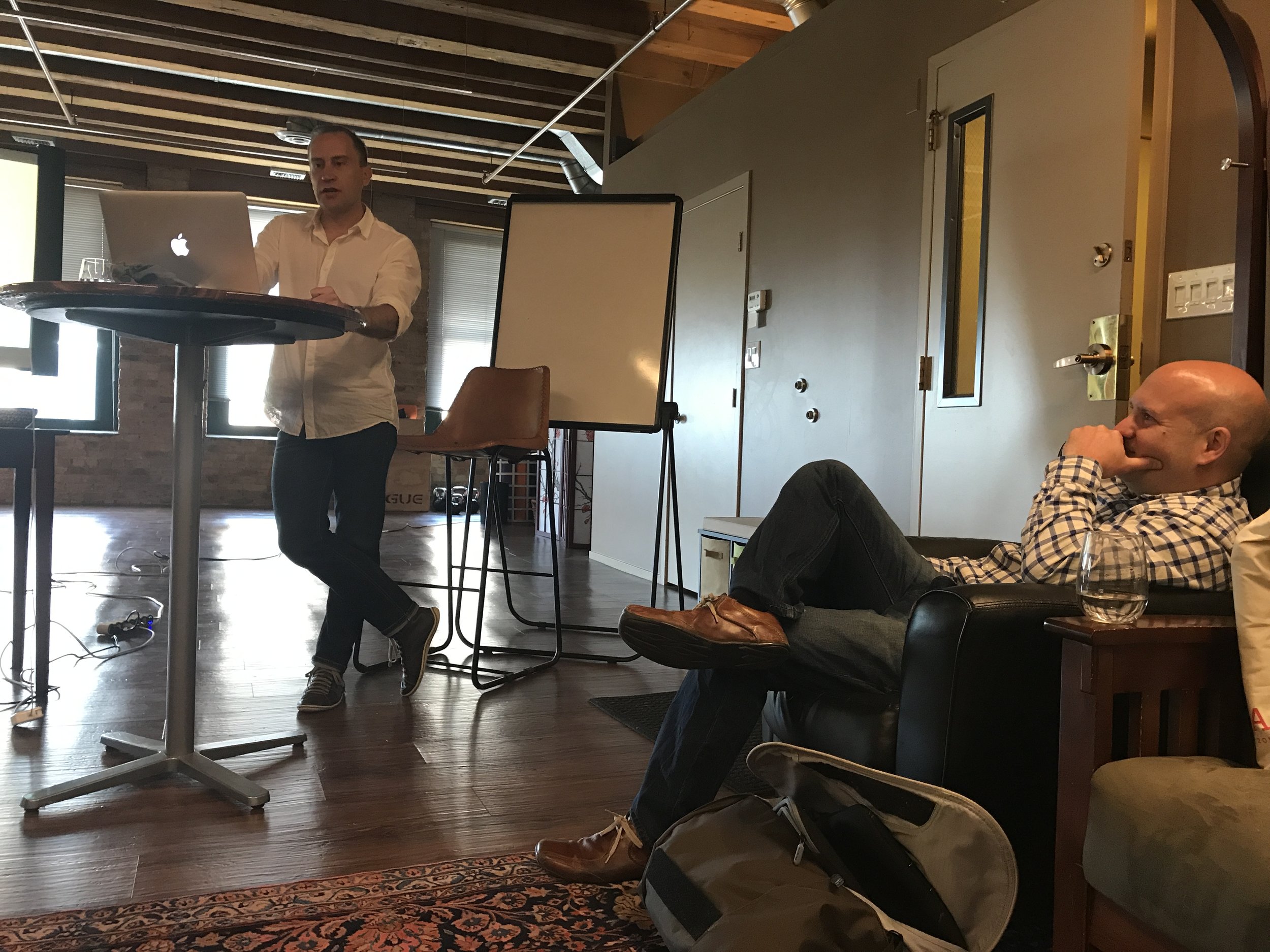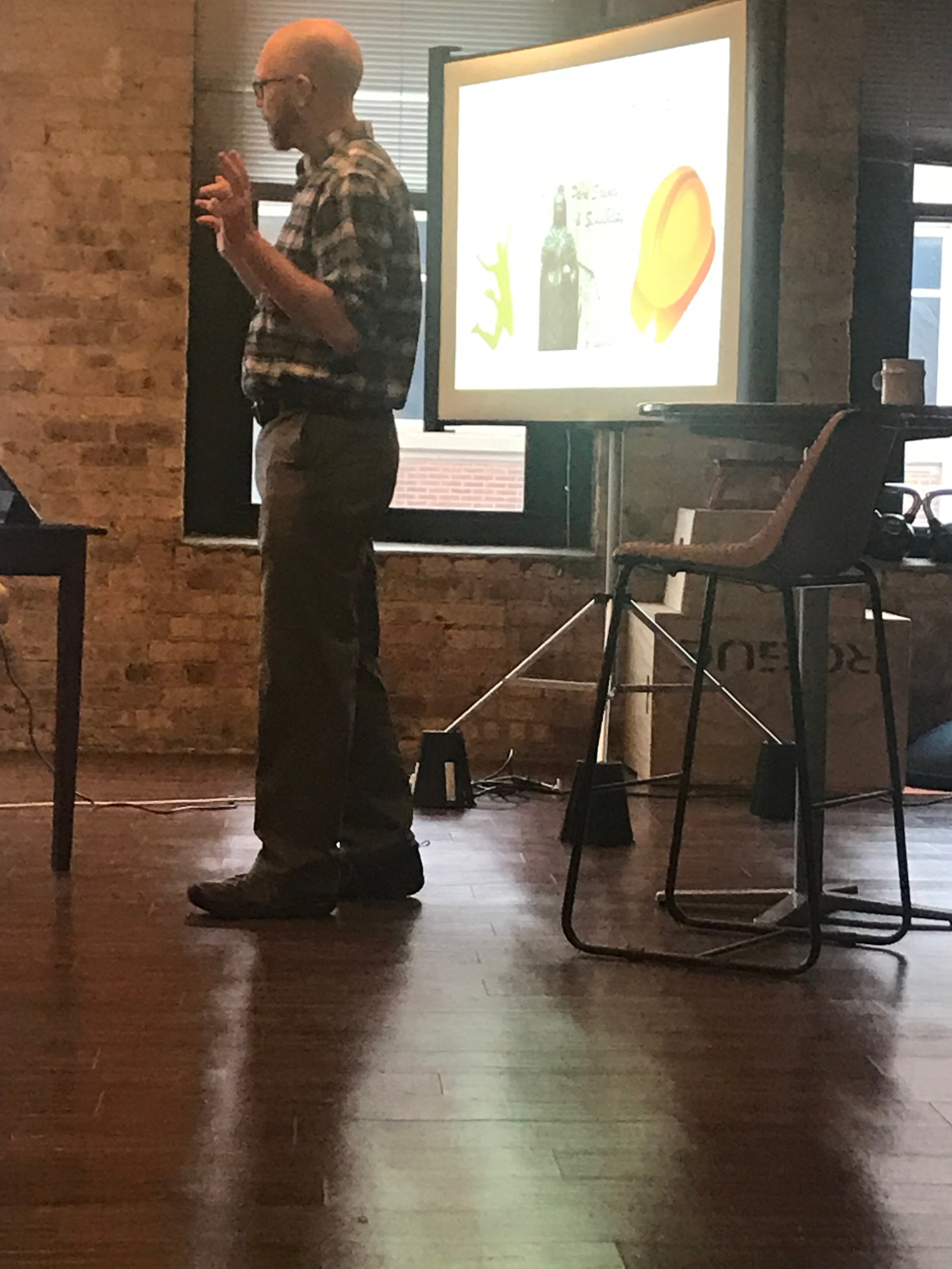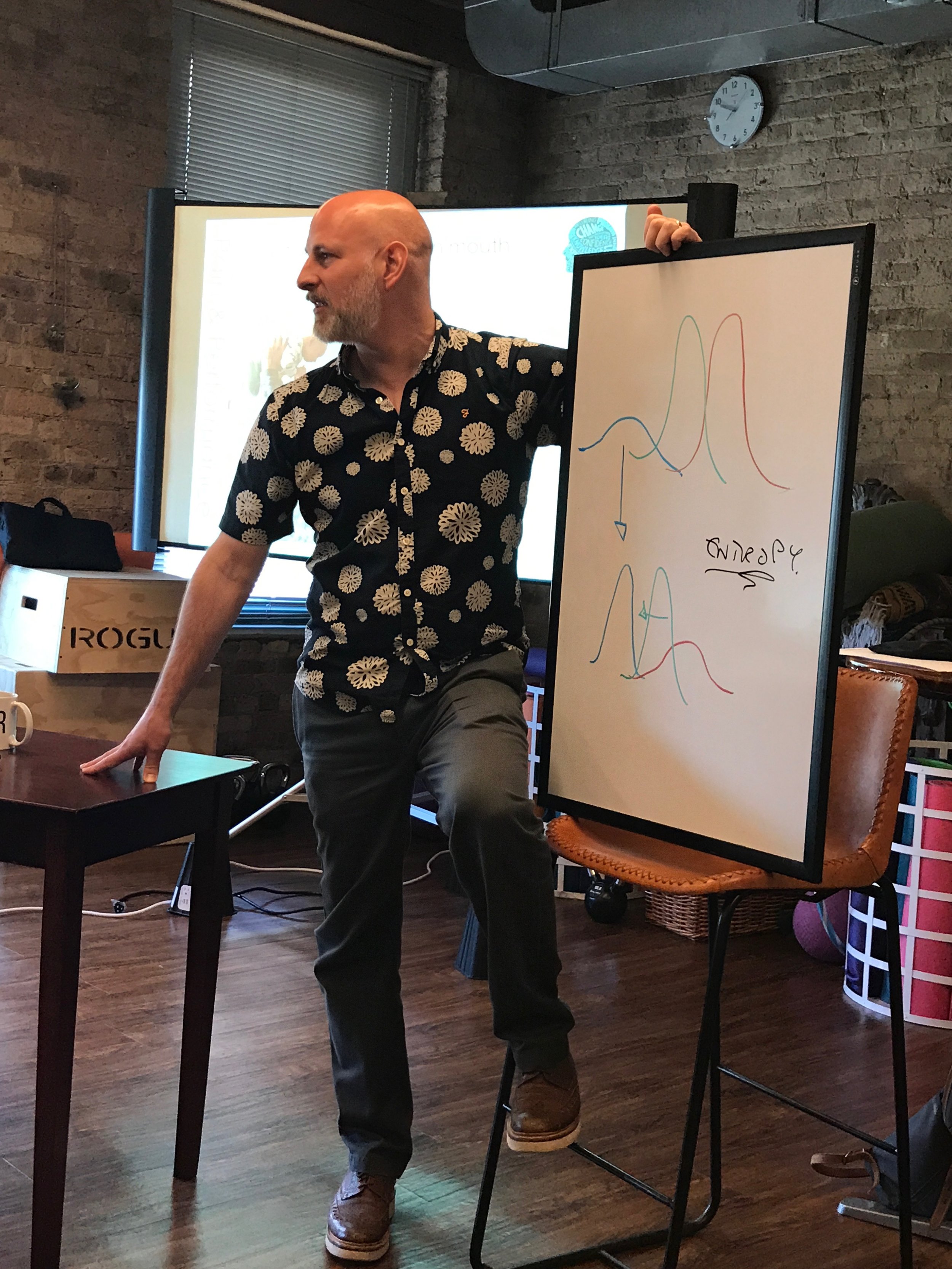What is this course about?
The last few decades have brought about a wealth of discovery in pain sciences. Clinicians and patients are recognising the value in bringing findings from research with imaging; lab techniques; and observational and behavioural experiments to better understand pain in a clinical setting.
Pain is an experience, not a sensation. A broad framework is required to understand the place of biological and behavioural responses that occur when someone experiences pain. Inviting philosophical thinking allows us to go some way to link these bodily mechanisms with the self.
This 2-day course explores complex pain states by considering the dynamical interactions of brain, body and world. It uses Complex Regional Pain Syndrome as the reference point to understand the experience and perception of the person in pain.
Course objectives
After this course you will be:
1. Aware of predictive processing and how it explains a pain experience
2. Able to discuss generative models and active inference with regard to the person in pain
3. Able to perform basic bedside perceptual tests for the person in pain
4. Able to consider the rationale for appropriate treatment techniques and critique your own biases
Course outline:
Registration 8.30am - Start 9am - Finish 4.30pm. A mix of theory & practical sessions covering:
• Predictive processing, hierarchical generative models and active inference
• First-person perspective of the sufferer
• Tools to measure pain experiences – bringing science into the clinic
• Novel treatment techniques in rehabilitation
Instructor:
Tim Beames MSc BSc (Hons) MCSP
Tim is a London based chartered physiotherapist. His career began in the NHS which involved clinical specialist roles and setting up and running condition management programmes. He now consults for people with complex pain problems from all over the UK. He is co-founder of Pain and Performance and is the principal instructor for the Neuro Orthopaedic Institute in the UK which sees him teaching nationally and internationally. He is co-author of the Graded Motor Imagery Handbook (2012) alongside Lorimer Moseley, David Butler and Tom Giles and has also co-authored the cervical chapter in Maitland’s Vertebral Manipulation (2013) with Robin Blake. He holds a Masters degree in Pain: Science and Society from King’s College London.
This course has been approved for 12 CE hours by the Illinois Physical Therapy Association - Approval 647-6682
This course content is not intended for use by any participants outside the scope of their license or regulation.
